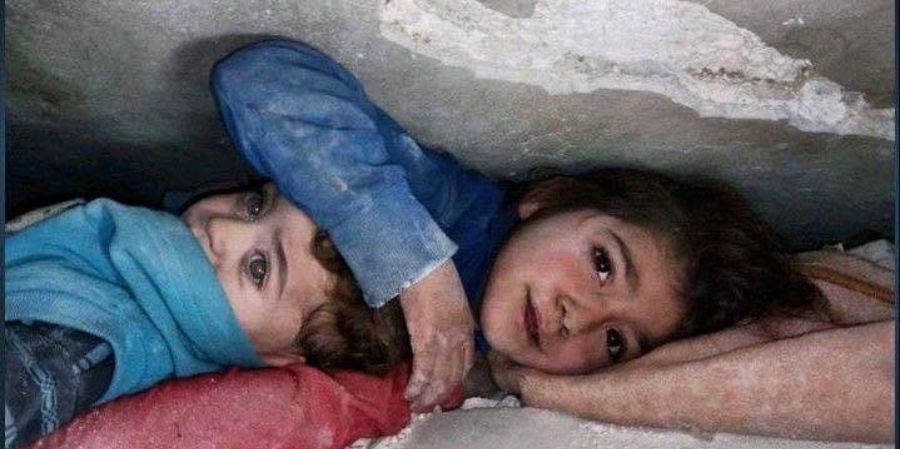

Hai friends.
Today I gonna write a sad news.
A 7.8-magnitude earthquake struck on February 6 in southern Turkey, close to Syria's northern border. A magnitude 7.5 earthquake, located about 59 miles (95 kilometres) to the southwest, was felt nine hours after this one. At least 1,206 aftershocks have been recorded as of February 9.
The 1939 earthquake was surpassed in strength by the recent one, making it the most catastrophic earthquake to strike Turkey in more than 20 years.
The initial earthquake was located close to Gaziantep, which is located in south-central Turkey and is also home to many humanitarian relief agencies and thousands of Syrian refugees.
The most devastating earthquake to hit Turkey in more than 20 years, the most recent one was stronger than the one in 1939.
International relief demands were quickly met by rescue teams and humanitarian offers from governments all over the world. The United Nations refers to Turkey's home country as Türkiye in English (UN).
The Disaster and Emergency Management Authority is coordinating the response on behalf of the Turkish government (AFAD). An international aid request was made after level-4 emergency status was announced by state authorities. In ten of the nation's provinces, Turkish President Recep Tayyip Erdogan proclaimed a three-month state of emergency.
The complicated humanitarian calamity that is currently affecting Syria is one of the worst in the world, and the earthquake will only make things worse and expose more vulnerabilities. The fact that the government does not fully control Syria's northwest, which was the region most severely affected by the earthquake, presents one challenge to supplying relief fast.In contrast to Damascus, where help is managed within the remainder of government-controlled Syria, the UN's coordinated assistance to Syria's northwest is sent across the border from Turkey.
4.1 million people in northwest Syria, the bulk of them women and children, rely on humanitarian aid. Although other nations have offered to assist Turkey, and the nation has crisis management systems to support the response, getting relief to affected Syrians is probably going to be more challenging given that the nation is not governed by a single entity.
Martin Griffiths, the chief humanitarian officer for the UN, declared on February 12 that "We have so far failed the people in north-western Syria. Rightfully, they feel abandoned. searching for unresponsive foreign assistance. The UN says it is boosting up its cross-border humanitarian effort.
Note:
If i forgot any of your blogs just inform me in comment box then I will read all your blogs.Bye bye 👋


